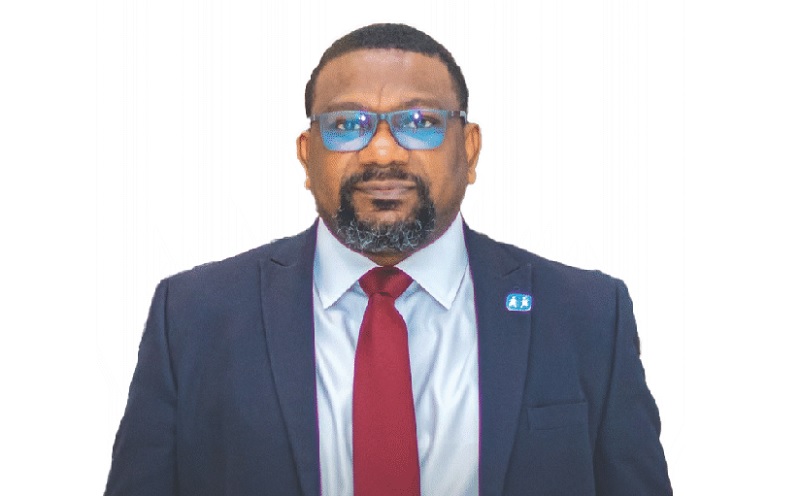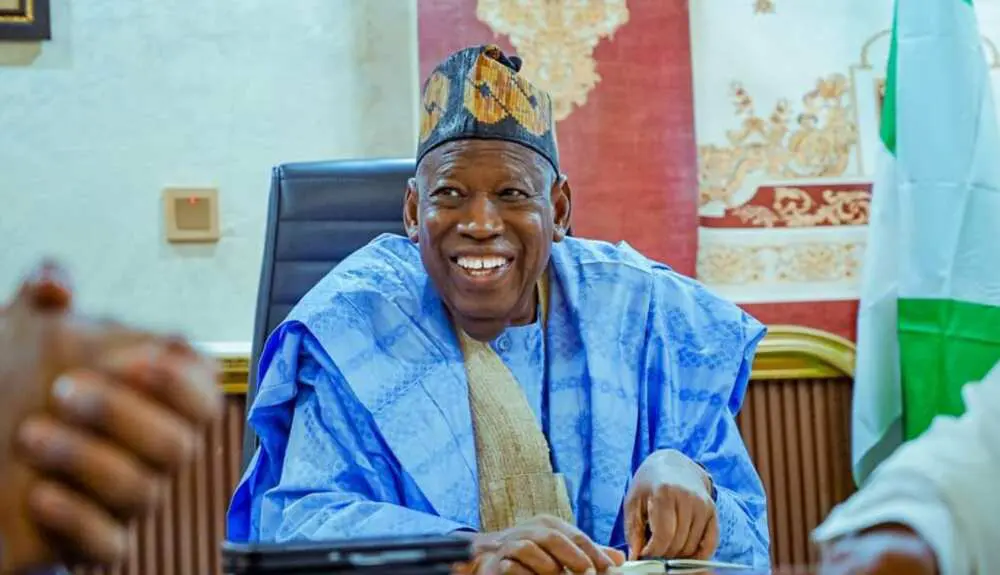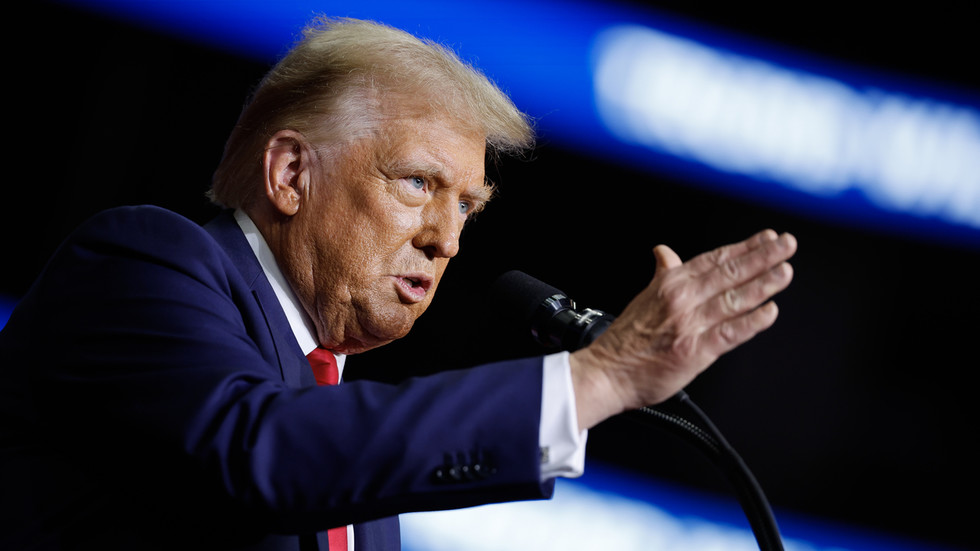A recent report has exposed that the British Special Air Service (SAS) and other European countries’ special forces have been secretly conducting operations in Nigeria and 18 other countries over the past 12 years. The Operations were first authenticated by an unsuccessful 2012 attempt by the group of Special Boat Service commandos to rescue a Briton and an Italian held by an Islamist group in Nigeria.
The British SAS also conducted covert operations in countries such as Mali, Estonia, Kenya, Libya, Oman, Cyprus, Iraq, Pakistan, France, the Philippines, Syria, Russia, Ukraine, Yemen, and most recently, Sudan. The UK Special Forces provided support to the French military in their fight against jihadi groups in Mali. They also offered training to the Cameroonian, Moroccan, and Nigerian soldiers and collected intelligence threat assessments in response to rising Sahel region instability.
The elite military units do not have UK ministers’ public certification of their operations, making it necessary for them to operate covertly. However, through media leaks, research organisation Action on Gun Violence compiled a list of their operations from 2011. The report, titled “Britain’s Special Forces on service in at least 19 countries since 2011”, indicates that the Prime Minister and the Defense Secretary frequently send personnel from the SAS, Special Boat Service, and Special Reconnaissance Regiment to carry out dangerous operations, especially when Britain is not at war.
The special forces are also active in Syria, where they infiltrated in 2013 to identify military targets before launching a bombing campaign that British MPs eventually voted against. Matt Tonroe, a member of the SAS, was officially identified as a member of the Parachute Regiment when he was killed in Syria in 2018, revealing the special forces’ fixation on secrecy.
Despite not being an official participant in the conflict, 50 UK special forces members were identified as present in Ukraine, according to leaked Pentagon documents earlier this year. The US and France mentioned 14 and 15 members, respectively, without stating their objectives.
While special forces can be deployed without the Commons’ consent and are not subject to parliamentary committee investigations, etiquette requires MPs to authorize wars. The extensive deployment of Britain’s Special Forces in numerous countries over the past decade raises serious concerns about transparency and democratic oversight. Lack of parliamentary approval and retrospective reviews for these missions is deeply troubling, according to Iain Overton, the Executive Director of AOAV.
Although current defense secretary and Tory MP Ben Wallace praised the military’s effort, there have been calls for more significant transparency and democratic oversight from various quarters. The report brings to the surface the need for all countries to prioritize transparency, civilian oversight, and institutional accountability in their military operations.



